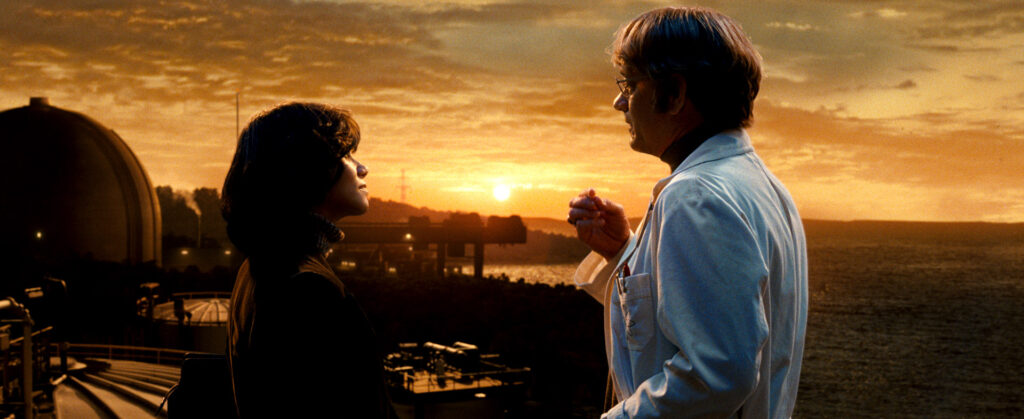Intuitive, narrative, and adaptive. The only three words that could summarize the entire movie. Based on a novel by the same title, the movie adopts different timelines with the same actors to portray a single message that our very existence is driven by love and hope. This philosophy has been portrayed with six different but connected stories.
With the same cast for six different stories, the narration wasn’t quite simple. Lana Wachowski, Tom Tykwer, and Andy Wachowski chose to start the narration all from a flashback. The narration for each story has been done by its survivor. Each survivor chose to document their tale for the future. Journal, letters, novel, screenplay, broadcast, and story were shared with an intent to guide future generations about love and freedom. People who interpreted the movie as work of science fiction are at dismay. The movie is only a theological reference which talks about love. Love has no boundaries and time duration. The same philosophy was explored by Christopher Nolan two years later in Interstellar on a metaphysical level. Cloud Atlas talks about time more linearly whereas Interstellar explored it quite intriguingly.
However, for the enthusiasts the only science that can be deduced for the movie is the Ripple effect. The incremental nature of the ripple effect is what drives the outcome of the six stories bound together by time. Adam Ewing played by Jim Sturgess once said that “What is an ocean but a multitude of drops?”. The ripples thereafter may pass over time to reach to a point of revolution.
In the sixth and the last story, a secluded community in post apocalypse was surviving on its own and believed that the genomic-fabricant from the past is the almighty. Later, Zachry played by Tom Hanks realized that the almighty is nothing but a revolutionist from the past. The notion of God may have been defied here. But somehow it didn’t appeal to me as the tone is set more philosophical than scientific. All six stories ended with a common message that the human survival is based on hope. Love and kindness carries hope for the future.
Cloud Atlas is an interesting piece of philosophy but not science in totality. In my opinion, it is the most honest adaptation of the novel written by an English author, David Mitchell. Though the pace of the movie is quite slow but the screen space juggling with six stories back and forth is what makes it interesting. If you are not used to the form of story-telling adopted here, you might end up disliking the movie. However, I would still recommend the novel and not the movie. The visuals for such novels can differ with perception and imagination.
